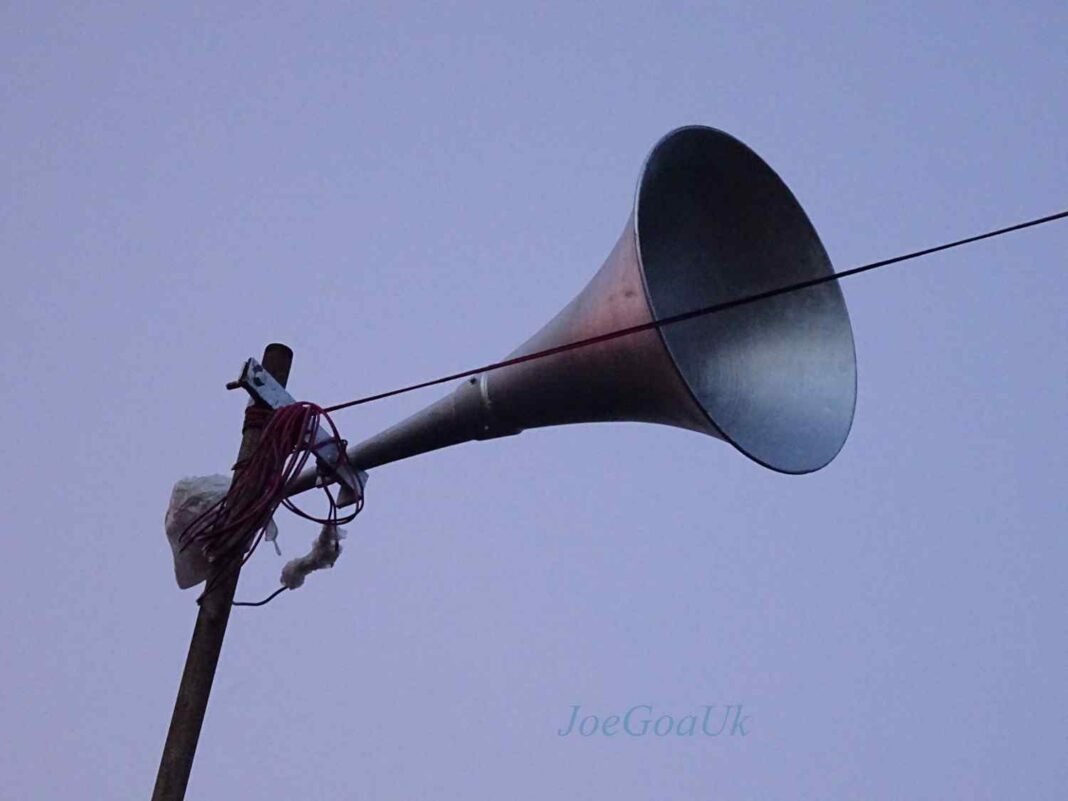The Bombay High Court said on Thursday that no religion requires the use of loudspeakers. Noting that “noise is a major health hazard on various aspects,” the court noted that denying someone permission to use loudspeakers does not violate their rights.
“It is in the public interest that such permissions should not be granted. By denying such permissions, rights under Article 19 or 25 of the Constitution of India are not at all infringed,” a bench of Justices Ajey Gadkari and Shyam Chandak said.
Two Kurla East housing associations, the Jaago Nehru Nagar Residents Welfare Association and the Shivsrushti Co-op. Housing Societies Association Ltd., petitioned the court, claiming that the police had done nothing to stop the noise pollution from loudspeakers placed on nearby masjids.
The petitioners said that using loudspeakers for religious purposes—such as reciting “Azaan”—disturbed the tranquility and was against the Environment (Protection) Act of 1986 and the Noise Pollution (Regulation and Control) Rules of 2000.
The court underlined the detrimental effects of noise pollution on health while emphasizing that no religion requires the use of amplifiers or loudspeakers. The bench stated that there is no religion that “unquestionably prescribes that prayers should be performed by disturbing the peace of others nor does it preach that they should be performed through voice amplifiers or drum beatings.”
The court reaffirmed that religious activities cannot disturb the quiet of others, citing a Supreme Court decision in the Church of God (Full Gospel) case in India.
The justices also pointed out that the Maharashtra Police Act’s Sections 38, 70, 136, and 149, as well as the Environment Protection Act, “bind” the police to respond to complaints of noise pollution. Additionally, it directed police to make sure that complaints could be made.
The court also reminded the authorities that collective noise from all sources must not surpass ambient noise levels of 55 dB during the day and 45 dB at night in residential zones.
The HC has requested that the State government order religious organizations to implement noise-cancelling measures, such as auto-decible restrictions on calibrated sound equipment.








